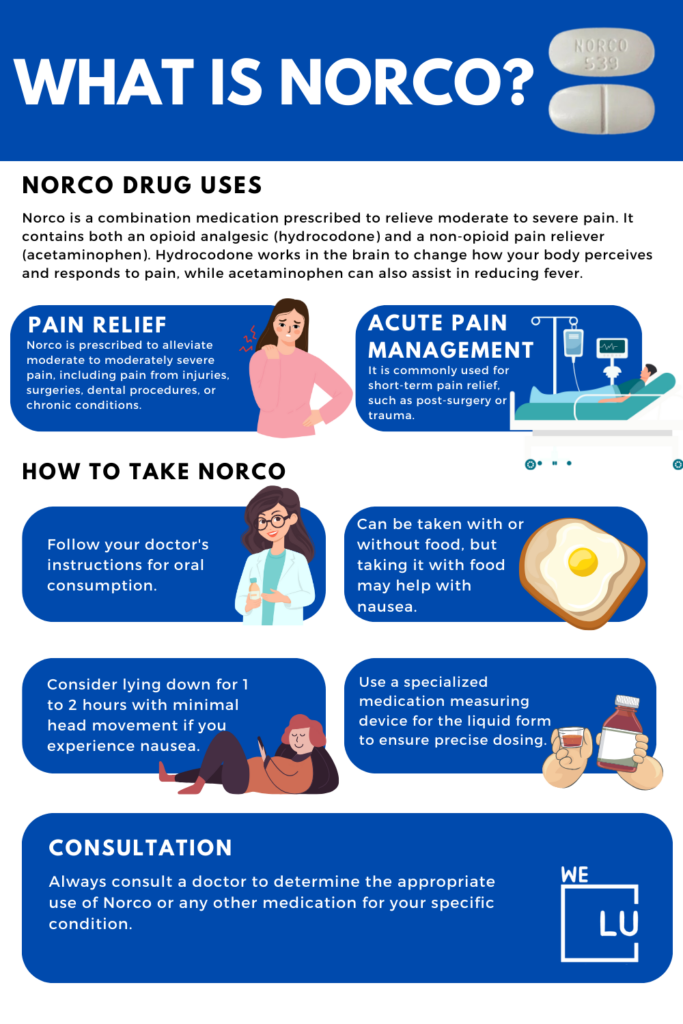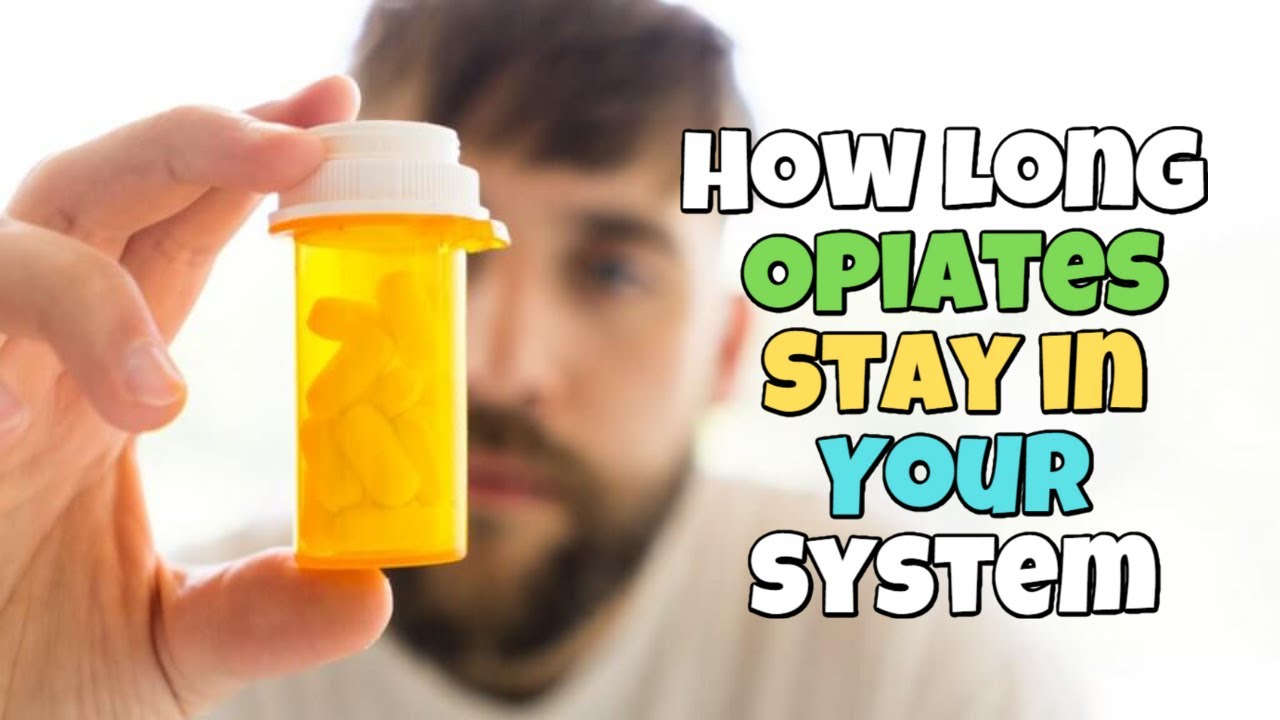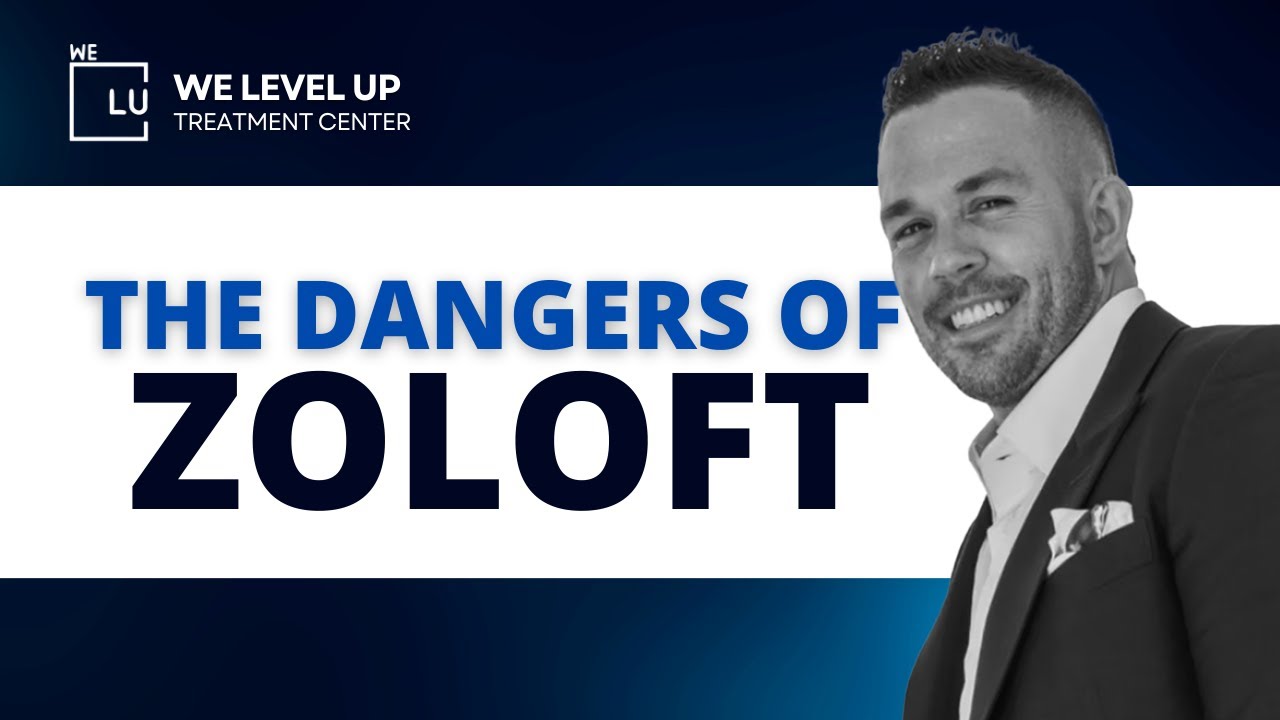Like Vicodin, hydrocodone is frequently made with acetaminophen and is primarily used for moderate to severe pain. It is known to be addictive and often abused, and the causes of addiction can include family history, mental health, and peer pressure. Hydrocodone addiction can be dangerous. It impacts the body and the mind, destroying relationships and making work or school more difficult. Recovery from hydrocodone addiction is possible, even if withdrawal is complex, with good help and support from loved ones.
If you or someone you know is suffering from hydrocodone addiction, the We Level Up Treatment Centers can help. Speak with our hotline specialists and discover the support and professional-accredited addiction treatment programs we offer.
What is Hydrocodone?
The medication hydrocodone/acetaminophen, which combines hydrocodone and acetaminophen, works in two ways to relieve pain.
Both components’ synergistic effects contribute to effective pain management. Because of the possibility of side effects and the risk of dependence if misused, use the drug with caution and under the supervision of a healthcare professional.
As an agonist, hydrocodone binds to specific mu-opioid receptors in the brain, reducing pain sensation.
Meanwhile, acetaminophen acts as an analgesic by inhibiting the production of specific brain chemicals that cause pain, thereby assisting in pain relief.
What is Hydrocodone Used For?
Its main uses include:
- Pain Relief: Hydrocodone is prescribed to alleviate moderate to moderately severe pain, such as pain resulting from injuries, surgeries, dental procedures, or chronic conditions.
- Acute Pain Management: It is often used when short-term pain relief is needed, such as after surgical procedures or trauma.
- Chronic Pain: In some cases, Hydrocodone may be prescribed for treating chronic pain conditions when other less potent pain medications are ineffective.
Is Hydrocodone Addictive?
According to the DEA, Hydrocodone is considered addictive. This is because Hydrocodone is an opioid that acts on specific receptors in the brain and spinal cord known as opioid receptors. When hydrocodone binds to these receptors, it reduces pain perception and produces euphoria and relaxation.
The addicting components of Hydrocodone lie in it being an opioid that triggers the brain’s reward pathway, reinforcing the desire to continue using the drug. In turn, the brain can become reliant on the presence of opioids to maintain a sense of well-being, leading to physical dependence.
The Effects of Hydrocodone Addiction On the Body
Hydrocodone, like other opioids, binds to brain receptors to alleviate pain and trigger pleasurable feelings. Over time, its repeated use may lead to dependency and impair decision-making abilities.
Initially prescribed for pain relief, some individuals misuse hydrocodone by taking more than directed or using it in unintended ways, like snorting or injecting.
Identifying addiction can be challenging as it often begins with a legitimate prescription. Indicators include taking more than prescribed and neglecting responsibilities. Gradually, higher doses might be needed to evade withdrawal symptoms.
The immediate impacts of misusing Hydrocodone include various effects such as:
- Blurry vision.
- Confusion.
- Constipation.
- Diarrhea.
- Dry mouth.
- Euphoria.
- Itchy skin.
- Lightheadedness.
- Nausea.
- Nodding in and out of consciousness.
- Pinpoint pupils.
- Reduced breathing rate.
- Seizures.
- Sleepiness.
- Slowed heartbeat.
- Slurred speech.
- Vomiting.
- Warm, flushed skin.
Long-term abuse of Hydrocodone not only alters brain function but also has enduring effects on mood and thought patterns. Individuals abusing Hydrocodone for an extended period might endure:
- Insomnia.
- Liver or kidney disease.
- Depression.
- Anxiety.
Excessive intake of Hydrocodone can lead to an overdose. Overdosing might cause a rapid decline in breathing and heart rates. In severe instances, an individual overdosing on Hydrocodone may stop breathing, causing oxygen deprivation to the brain (hypoxia) within minutes.

Skip To:
Learn More:
- What is Norco? Norco Drug For Severe Pain Information
- Is Oxycodone Addictive
- What Is Oxycodone?
- Oxycodone Side Effects
- Opiate Withdrawal
- Opioid Withdrawal Timeline
- Opioid Withdrawal Symptoms
- Tramadol vs Oxycodone: Which is Better? Side Effect Comparison
- Oxycodone Dosage Guide, Precautions, and Max Dose
- Oxycodone Vs Oxycontin. Differences & Similarities, Abuse & Treatment Options
Get Help. Get Better. Get Your Life Back.
Searching for Accredited Drug and Alcohol Rehab Centers Near You? We Level Up Texas Is Opening Soon!
Even if you have failed previously and relapsed, or are in the middle of a difficult crisis, we stand ready to support you. Our trusted behavioral health specialists will not give up on you. When you feel ready or just want someone to speak to about therapy alternatives to change your life call us. Even if we cannot assist you, we will lead you to wherever you can get support. There is no obligation. Call our network hotline today.
FREE Addiction Hotline – Call 24/7
Additional Side Effects of Hydrocodone Addiction and Abuse
When Hydrocodone is Abused via Snorting
Abusing Hydrocodone by snorting it can exacerbate the risk of overdose due to its rapid absorption and intensified effects. Crushing and inhaling Hydrocodone pills can lead to nasal cavity damage and, in severe cases, loss of smell. This form of drug abuse often leads to frequent nosebleeds, congestion, and recurring sinus infections. Long-term snorting may result in hoarseness and, in severe scenarios, a deviated septum.
Complications of Injecting Hydrocodone
Crushing Hydrocodone pills, mixing them with liquid, and injecting the substance significantly increases the risk of overdose. Injecting the drug causes a quick and potent high as it promptly enters the bloodstream. This method of drug administration comes with various hazards.
Injection drug users may develop infections at the injection site or surrounding tissue, and the repeated use of needles can lead to collapsed veins. Moreover, sharing unsterile needles and equipment can increase the risk of contracting blood-borne illnesses like HIV or hepatitis.
Tolerance and Addiction Development with Hydrocodone
Progressive Hydrocodone use leads to tolerance, where higher doses are required to achieve previously felt effects. Tolerance is quickly followed by physical dependence, often culminating in addiction.
Upon discontinuing or reducing Hydrocodone use, withdrawal symptoms emerge. These symptoms mimic those of other opioids, including muscle cramps, nausea, vomiting, diarrhea, constipation, anxiety, drug cravings, fatigue, excessive yawning, bone pain, dilated pupils, restlessness, agitation, loss of appetite, and depression.
Get Help. Get Better. Get Your Life Back.
Searching for Accredited Drug and Alcohol Rehab Centers Near You? We Level Up Texas Is Opening Soon!
Even if you have failed previously and relapsed, or are in the middle of a difficult crisis, we stand ready to support you. Our trusted behavioral health specialists will not give up on you. When you feel ready or just want someone to speak to about therapy alternatives to change your life call us. Even if we cannot assist you, we will lead you to wherever you can get support. There is no obligation. Call our network hotline today.
FREE Addiction Hotline – Call 24/7Hydrocodone Pain Medication Overdose Symptoms
A Hydrocodone pain medication overdose can occur when someone takes more than the prescribed dose or when the drug is misused or abused. Since Hydrocodone contains both an opioid (hydrocodone) and acetaminophen, an overdose can lead to severe and potentially life-threatening complications.
Opioid Overdose Symptoms:
- Extreme drowsiness or unresponsiveness.
- Slow or shallow breathing.
- Bluish tint to lips or fingernails (cyanosis).
- Pinpoint pupils.
- Cold, clammy skin.
- Slow heart rate.
- Loss of consciousness or coma.
Acetaminophen Overdose Symptoms:
- Nausea, vomiting, or loss of appetite.
- Excessive sweating.
- Yellowing of the skin or eyes (jaundice).
- Abdominal pain or discomfort.
- Confusion or unusual behavior.
If you suspect a Hydrocodone overdose or notice any signs of overdose in someone, seek immediate medical attention. Opioid overdoses are medical emergencies, and timely intervention can be life-saving. It’s essential to store Hydrocodone securely and use it only as a healthcare professional prescribes to prevent the risk of overdose.
When Is Hydrocodone Addiction Counseling Necessary?
Hydrocodone addiction counseling becomes necessary as drug usage intensifies or when an individual requires higher doses to achieve the same effects. There isn’t a fixed timeframe because each person’s experience with problematic usage varies.
Seeking counseling doesn’t mandate a person to be addicted. Initiating counseling sessions at the early signs of misuse could prevent more severe outcomes. These indicators might involve exceeding the prescribed hydrocodone duration or attempting to obtain additional prescriptions by changing doctors or pharmacies.
At times, individuals may be hesitant to acknowledge their problems. The CDC emphasizes the importance of a robust support network. Everyone has a role in aiding an individual’s recovery from hydrocodone addiction by encouraging them to seek counseling and offering support throughout the treatment process.
In summary, counseling is crucial as a preventive measure when hydrocodone misuse begins, reducing the likelihood of addiction. Moreover, it’s a pivotal aspect of the treatment process, aiding patients in enhancing mental health and addressing triggers that contribute to risky behaviors like substance abuse.

Start a New Life
Begin with a free call to an addiction & behavioral health treatment advisor. Learn more about our dual-diagnosis programs. The We Level Up treatment center network delivers recovery programs that vary by each treatment facility. Call to learn more.
- Personalized Care
- Caring Accountable Staff
- World-class Amenities
- Licensed & Accredited
- Renowned w/ 100s 5-Star Reviews
We’ll Call You
Hydrocodone Withdrawal Symptoms
People who have been taking hydrocodone for a while may go through withdrawal signs if they stop. As the body tries to get used to not having the drug anymore, withdrawal signs show up.
The most common Hydrocodone withdrawal symptoms include:
- Anxiety.
- Restlessness.
- Insomnia.
- Sweating.
- Chills.
- Muscle aches.
- Nausea.
- Vomiting.
- Diarrhea.
- Cravings for Hydrocodone.
Tips for managing Hydrocodone withdrawal symptoms:
- Get plenty of rest.
- Drink plenty of fluids.
- Eat a healthy diet.
- Exercise regularly.
- Avoid caffeine and alcohol.
- Take over-the-counter medications such as ibuprofen or acetaminophen to relieve pain and fever.
- Talk to your doctor about other medications that may help to manage your symptoms.
How Do You Beat Hydrocodone Addiction?
Successfully overcoming hydrocodone addiction necessitates appropriate treatment and expert assistance. Although some may consider tackling it alone, opioid addictions are serious and demand professional guidance, especially to manage withdrawal symptoms effectively.
Aside from professional care, overcoming hydrocodone addiction relies on a robust support system. Those battling this addiction require support from family and friends throughout the recovery journey. Encouragement for seeking help should be provided in a supportive and nonjudgmental manner.
Every individual’s journey through addiction recovery is unique, so it’s crucial not to compare experiences. Finding diversions to divert attention from drug cravings is vital. These diversions can vary widely but should not be detrimental. Positive distractions might involve chatting with friends, reading, writing, or walking.
An essential aspect of overcoming hydrocodone addiction is steering clear of substituting addictive behaviors. It is not a good idea to switch from hydrocodone to another drug or activity that is also addicting. This would keep the cycle of addiction going with a different substance. Counseling sessions play a critical role, especially for individuals grappling with anxiety, depression, or other mental health issues.
Maintaining structure in life proves beneficial as it keeps individuals focused and aids in adopting healthier habits. Such structure involves maintaining regular sleep patterns, exercising, and following a nutritious diet.
Opening Soon! First-Class Facilities & Amenities
World-Class High-Quality Addiction & Mental Health Rehabilitation Treatment
Coming Soon! Rehab Centers TourRenowned Addiction Centers. Serene Private Facilities. Inpatient Rehab Programs Vary.
FREE Addiction Hotline – Call 24/7Proven recovery success experience, backed by a Team with History of:
15+
Years of Unified Experience
100s
5-Star Reviews Across Our Centers
10K
Recovery Success Stories Across Our Network
- Low Patient to Therapist Ratio
- Onsite Medical Detox Center
- Comprehensive Dual-Diagnosis Treatment
- Complimentary Family & Alumni Programs
- Coaching, Recovery & Personal Development Events
Hydrocodone Medication-Related Statistics
Despite declining prescription rates, opioid overdose deaths remain a significant public health concern. Many opioid-related deaths are attributed to the misuse of prescription opioids or illicit opioids, such as heroin and fentanyl. Unfortunately, Hydrocodone hydrocodone is included in the problem.
There is a need for increased access to evidence-based treatments for opioid use disorder, such as medication-assisted treatment (MAT) and behavioral therapies, to address the addiction crisis effectively.
If you or someone you care about showing signs of Narco addiction? Rely on We Level Up’s expert Narco addiction treatment specialists to address your concerns and provide reliable support. Our Narco rehab center offers immediate assistance for Narco addiction. We are available 24/7 to help Narco addicts and their families. Don’t hesitate. Call now for relief from Narco addiction symptoms.
1.6 Million
An estimated 1.6 million people in the US were reported to have opioid use disorder in 2019, indicating a diagnosed addiction to opioids.
Source: NCBI
70%
In 2020, over 69,000 drug overdose deaths in the US, and approximately 70% involved opioids.
Source: CDC
18%
In 2019, only about 18% of people with opioid use disorder received specialty treatment for their addiction.
Source: NSDUH
Hydrocodone Addiction Treatment
Upon completing detox, individuals may undergo various therapies and treatments as part of an extensive treatment plan. Rehab after detox is crucial for addressing underlying addiction causes. Rehab occurs in different settings:
- Residential or Inpatient Rehab: This involves residing onsite throughout treatment, receiving constant care, and participating in diverse therapies. Suited for severe addiction cases or those lacking supportive home environments.
- Outpatient Rehab: Requires traveling to the facility for treatment and returning home afterward. Suitable for individuals with supportive environments and reliable transportation.
Ongoing medication maintenance is integral for maintaining sobriety and averting relapse. Medications like methadone, buprenorphine, or naltrexone may be part of this maintenance. Naltrexone, functioning as an opioid antagonist, blocks opioid effects, preventing highs if opioids are used again.
Treatment for opioid use disorder encompasses diverse therapies and supports:
- Counseling: Addresses addiction-related issues.
- Behavioral Therapies: Cognitive-behavioral therapy (CBT), contingency management (CM), or motivational interviewing foster positive behavioral changes.
- Family Therapy: Repairs relationships affected by addiction.
- Vocational Training: Assists in employment post-rehab.
- Case Management: Aids with social services such as securing basic needs and legal aid, allowing individuals to focus on recovery.
Aftercare is essential for ongoing recovery. Post-treatment, participating in individual counseling, mindfulness-based relapse prevention (MBRP), attending support groups like Narcotics Anonymous (NA), utilizing recovery apps, or engaging in recovery management checkups with treatment providers are beneficial.
Comprehensive treatment should address substance use and associated medical, psychological, social, vocational, and legal issues tailored to individual needs.
Why Choose Level Up Treatment Center?
At Level Up Treatment Center, our dedicated team of professionals is committed to guiding you through every step of your recovery journey. We prioritize your well-being and provide a nurturing environment conducive to healing and growth.
Take the first step towards recovery today. Contact us to begin your journey to a drug-free life. You don’t have to face addiction alone—we are here to help you reclaim control and achieve lasting sobriety.
Start a New Life
Begin with a free call to an addiction & behavioral health treatment advisor. Learn more about our dual-diagnosis programs. The We Level Up treatment center network delivers recovery programs that vary by each treatment facility. Call to learn more.
- Personalized Care
- Caring Accountable Staff
- World-class Amenities
- Licensed & Accredited
- Renowned w/ 100s 5-Star Reviews
We’ll Call You
How Long Do Opiates Stay in Your System?
Search We Level Up TX The Dangers of Hydrocodone Addiction, Symptoms & Treatment Topics & Resources
Sources
[1] What is Hydrocodone? Habibi M, Kim PY. Hydrocodone and Acetaminophen. [Updated 2022 Dec 19]. In: StatPearls [Internet]. Treasure Island (FL): StatPearls Publishing; 2023 Jan-. Available from: https://www.ncbi.nlm.nih.gov/books/NBK538530/ Learn what is Hydrocodone Addiction; hydrocodone is it addictive, hydrocodone is it addictive, is norco addictive, how addictive is hydrocodone – Related Articles
[2] Cofano S, Yellon R. Hydrocodone. [Updated 2022 Oct 24]. In: StatPearls [Internet]. Treasure Island (FL): StatPearls Publishing; 2023 Jan-. Available from: https://www.ncbi.nlm.nih.gov/books/NBK537288/ Learn what is Hydrocodone Addiction; hydrocodone is it addictive, hydrocodone is it addictive, is norco addictive, how addictive is hydrocodone – Related Articles
[3] What is Hydrocodone? Hydrocodone Drug Related Topic. Hydrocodone Combination Products – MedlinePlus (.gov) Learn what is Hydrocodone Addiction; hydrocodone is it addictive, hydrocodone is it addictive, is norco addictive, how addictive is hydrocodone – Related Articles
[4] Hydrocodone: MedlinePlus (.gov) Drug Information. Learn what is Hydrocodone Addiction; hydrocodone is it addictive, hydrocodone is it addictive, is norco addictive, how addictive is hydrocodone – Related Articles
[5] NORCO® Hydrocodone Bitartrate and Acetaminophen Tablets, USP 5 mg/325 mg CII – US Food & Drug Administration (FDA). Learn what is Hydrocodone Addiction; hydrocodone is it addictive, hydrocodone is it addictive, is norco addictive, and how addictive is hydrocodone – Related Articles
[6] DEA To Publish Final Rule Rescheduling Hydrocodone Combination Products – Drug Enforcement Administration (DEA). Learn what is Hydrocodone Addiction; hydrocodone is it addictive, hydrocodone is it addictive, is norco addictive, how addictive is hydrocodone – Related Articles
[7] What is Hydrocodone? Hydrocodone Drug Related Topic. ACETAMINOPHEN/ HYDROCODONE TAB – Veterans Affairs (.gov). Learn what is Hydrocodone Addiction; hydrocodone is it addictive, hydrocodone is it addictive, is norco addictive, and how addictive is hydrocodone – Related Articles
[8] What is Hydrocodone? Hydrocodone Drug Related Topic. Counterfeit Hydrocodone Poisoning Outbreak — San Francisco Bay Area, California, March 25–April 5, 2016 – Centers for Disease Control and Prevention (CDC)
[9] Olsen Y, Daumit GL. Chronic pain and narcotics: a dilemma for primary care. J Gen Intern Med. 2002 Mar;17(3):238-40. Doi 10.1046/j.1525-1497.2002.20109.x. PMID: 11929512; PMCID: PMC1495025.
[10] Cohen B, Ruth LJ, Preuss CV. Opioid Analgesics. [Updated 2023 Apr 29]. In: StatPearls [Internet]. Treasure Island (FL): StatPearls Publishing; 2023 Jan-. Available from: https://www.ncbi.nlm.nih.gov/books/NBK459161/ Norco addiction






